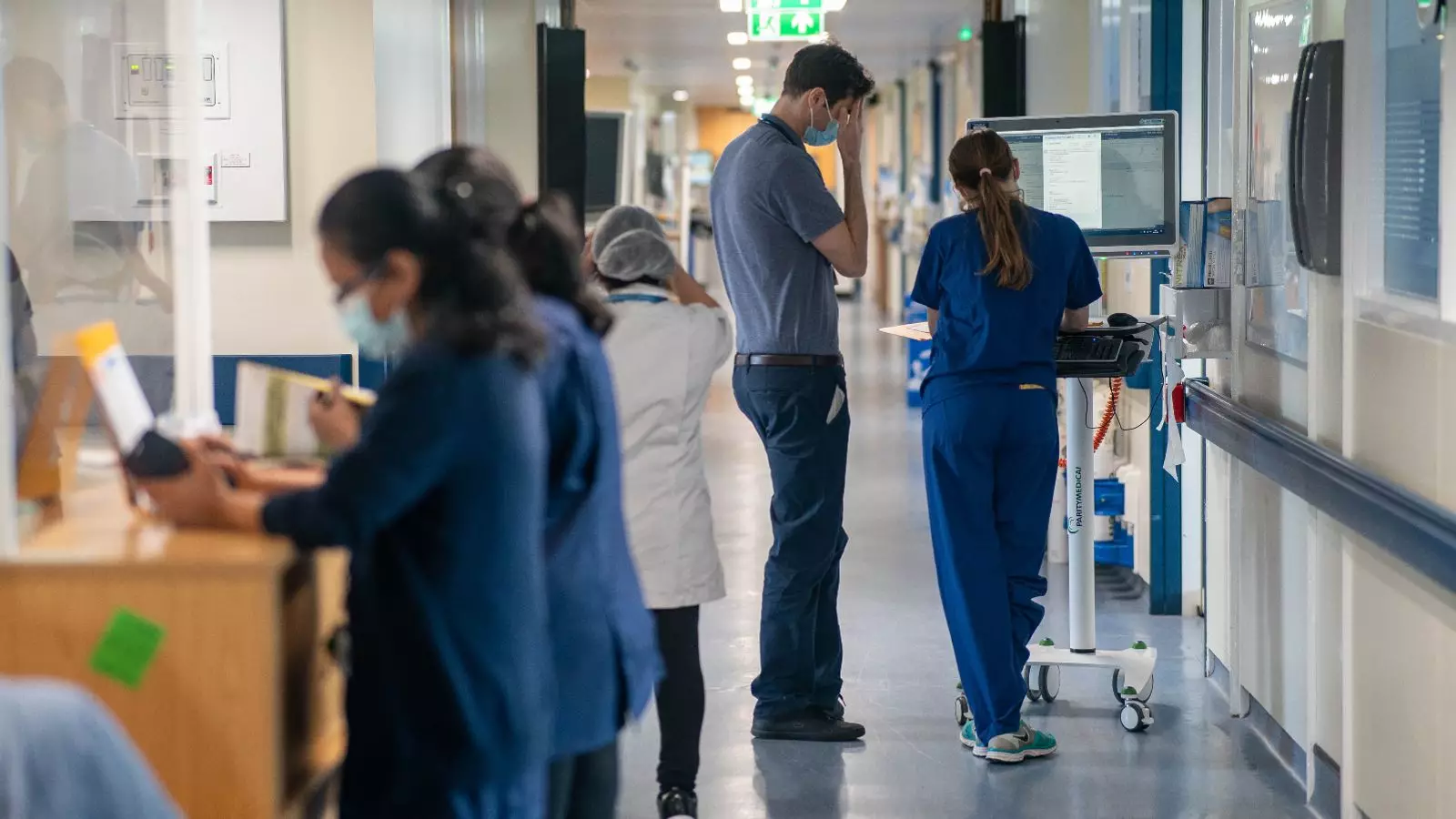The National Health Service (NHS) in the UK has faced a significant decline in public satisfaction levels, reaching the lowest point on record in 2023. According to a British Social Attitudes poll, only 24% of respondents expressed satisfaction with the health service. This decrease in satisfaction can be attributed to issues such as poor access to GPs and long wait times for hospital treatment.
The dissatisfaction with the NHS extends across all services, from Accident and Emergency (A&E) to dentistry, with satisfaction levels at or near historic lows. Particularly alarming is the dissatisfaction with social care, where only 13% of respondents reported being happy with the service. When asked about the most pressing priorities for the NHS, the majority of respondents highlighted the need to make it easier to get a GP appointment and increase staff numbers.
Despite the declining satisfaction levels, support for the founding principles of the NHS remains steadfast. The public values the concept of a health service that is free at the point of use, available to everyone, and primarily funded through taxes. The desire for improvement lies in making the current model work effectively, rather than seeking a complete overhaul.
Over the past decade, the NHS has been under immense pressure due to squeezed funding and chronic workforce shortages. The global pandemic only exacerbated the existing challenges, leading to what has been described as a continual state of crisis within the health service. The report highlights a 29-percentage point drop in satisfaction levels since 2020, indicating a significant decline in public confidence.
The findings of the poll have prompted calls for action from both healthcare professionals and political leaders. Professor Pat Cullen, the general secretary of the Royal College of Nursing, emphasized the need for clear investment in nursing to improve pay conditions and stabilize the workforce. Similarly, political leaders have been urged to take note of the falling satisfaction levels ahead of the upcoming general election.
In response to the criticism, the Department of Health and Social Care reiterated its commitment to providing a “faster, simpler, and fairer NHS.” They highlighted the record funding of nearly £165 billion per year by the end of the current Parliament, representing a 13% increase in real terms compared to 2019. However, the response from the government may not be sufficient to address the deep-rooted issues plaguing the NHS.
The decline in public satisfaction with the NHS reflects a broader crisis within the health service. While support for the founding principles remains strong, the current challenges of poor access, long waiting times, and chronic underfunding cannot be ignored. It is essential for both healthcare professionals and political leaders to heed the public’s concerns and work towards meaningful reforms to restore confidence in the NHS.


Leave a Reply